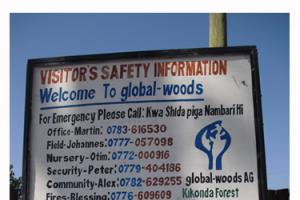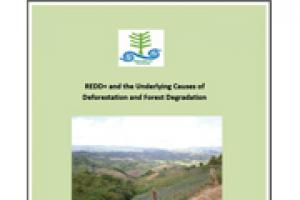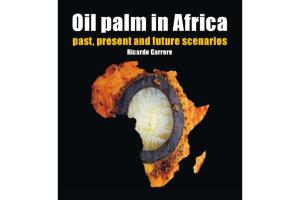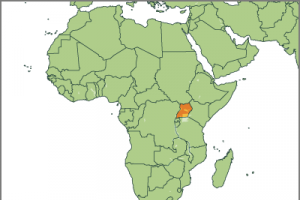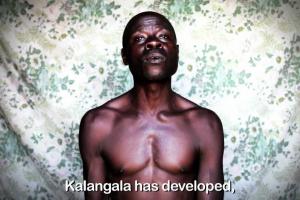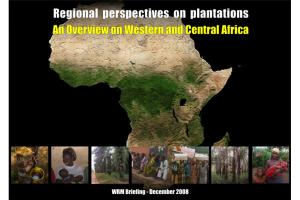Uganda
Bulletin articles
26 September 2014
Other information
13 November 2013
The Global Forest Coalition launched a new report on 'REDD+ and the Underlying Causes of Deforestation and forest Degradation' based on five case studies in Brazil, Colombia, India, Uganda and Tanzania elaborated by national organizations in those countries themselves. It was launched at the 19th Conference of the Parties of the Climate Convention in Warsaw.
Publications
30 August 2013
Governments are opening the doors to corporations for planting vast areas of land with oil palm plantations. This trend is not only happening in West and Central African countries, but is even expanding to parts of Eastern Africa. Large scale oil palm plantations are already causing serious environmental and social impacts in some countries, resulting in loss of community rights over their territories.
Bulletin articles
30 April 2013
Uganda like many other African countries is in the campaign drive of promoting plantations under the guise of creating income and other benefits for Ugandans, destroying a lot of natural resources including forests, wetlands and up hills. In the past ten years, thousands of hectares of forests have been destroyed and replaced by monocultures.
Other information
23 April 2012
Other information
30 October 2011
Oxfam International recently released an eye-opening report on the activities of UK-based New Forests Company (NFC) in Uganda. The company currently plants and harvests timber on 27,000 hectares of tree plantations in Uganda, Tanzania, Rwanda and Mozambique, and has deals in these countries totalling around 90,000 hectares. It claims that the timber produced can satisfy all the population's needs, thereby preventing logging in natural forests. In Uganda it has planted around 9,300 hectares of pine and eucalyptus trees since 2006, on land licensed to the company by the government.
Bulletin articles
30 August 2009
The UK-based New Forests Company is establishing tree plantations in Uganda, Mozambique and Tanzania. The company states that “Whilst based on commercial forestry economics, our projects are underwritten by carbon credits … in compliance with the Clean Development Mechanism. This means that its profits from the sale of wood will be increased by selling “carbon credits” to polluting industries in the North.
Other information
29 June 2009
BIDCO, the largest and fastest growing manufacturer of vegetable oils, fats, margarine, soaps and protein concentrates in East and Central Africa is investing in a multi-million dollar oil palm plantation on Bugala islands in Kalangala. The company counts with investment partners including Archer Daniels Midlands of America, Wilmar Group of Malaysia and Josovina of Singapore.
Bulletin articles
29 April 2009
The Batwa (often described as “pygmies”) are widely regarded as the original forest-dwelling inhabitants of the Equatorial forest in the Great Lakes Region comprising Uganda, Burundi, Rwanda and the Democratic Republic of Congo. In Uganda, they lived in the forest of the Mufumbira Mountains in the South West. They were hunter-gatherers that relied on the forests for their livelihood and found in the forests the sustenance for their spiritual and social life.
Publications
15 December 2008
Oil palm and rubber plantations occupy extensive areas in many countries in tropical Africa. In spite of their social and environmental impacts, until now they have received scant attention both at the national and international level.
Other information
28 August 2008
The current development patterns and inequities in the country present a number of forest management challenges.
